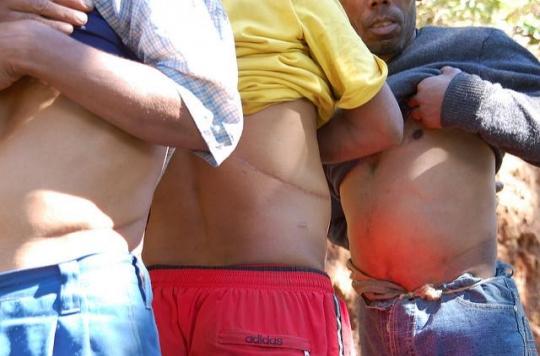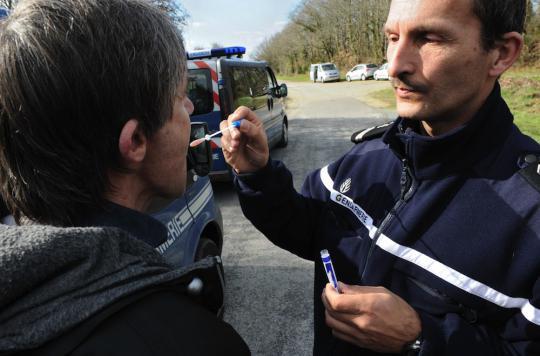Following the broadcast of a report by a German journalist, Egyptian police arrested 12 people, including doctors.

Three doctors, four nurses, three hospital workers and two “salespeople” arrested. This is the result of the operation led by the Egyptian Interior Ministry to bring down a local organ trafficking network.
The ministry announced on Tuesday that it had arrested some of the traffickers in the midst of an operation, intended to “remove a kidney and part of the liver, in a private hospital”. The traffickers were arrested in Giza, south of Cairo. The network put donors and their organs in touch with foreign patients, “in exchange for large sums of money.”
Launcher warns
The operation was organized while the controversy swells in the land of the Pharaohs. The report by a German, Thilo Mischke, published this summer on Facebook, is indeed damning: the journalist highlights the ease with which it is possible to find an organ, and to have an operation.
He pretended to be a tourist seeking help for his father. The director of the private hospital he visited, after explaining to him the legal context of organ donation in Egypt and the obstacles for foreigners, finally confessed that there would ultimately be no problem. to bend the rules.
The government prefers discretion
Egypt, however, passed a law in 2010, banning the trade in organs and transplantation between its citizens and foreigners (except for married couples).
Last December, the government had already struck a blow by dismantling a network of 25 people, including medical and academic authorities.
But after the German report aired, he was outraged at the journalist’s accusations, publicly believing that he was stigmatizing the country. The Minister of Health had even declared, just a few days ago, that the video “was harming Egyptian medical tourism, and was part of a systematic smear campaign that harms the country’s national security (sic) ”.
Refugees on the front line
In fact, in addition to the interview with the hospital director, we see the interview of two Sudanese refugees. One of them had been scammed by the hospital, which had not paid him for his illegal donation, and the other even claims to have been lynched after his donation was made public: the young man was a carrier of the AIDS virus.
Egypt is trying to restore its image after being designated by Luc Noël, former coordinator of the World Health Organization, as one of the five countries most affected by organ trafficking in the world. Refugees in search of money to continue their migration, but also many poor Egyptians seeking to survive or to pay off their debts, pass on the operating table.
Profitable traffic
For them, the lure of profit is tempting. The operation interrupted by the police during the operation of the Egyptian police would have brought in 8,500 euros to the donor, probably for a kidney and part of a liver, as is often done.
The traffic is also very profitable: according to a report published in August 2016 by the British Journal of Criminology, a single kidney can then be resold for up to 85,000 euros to foreigners looking for a last chance. During searches following the operation in December 2016, millions of dollars were found.
.









-1597656695.jpg)





